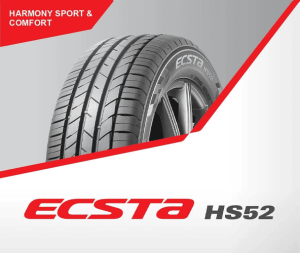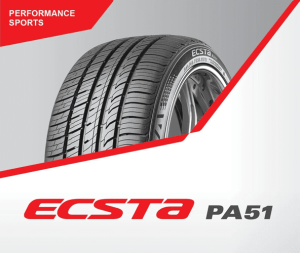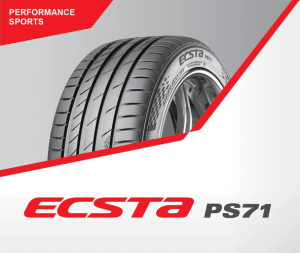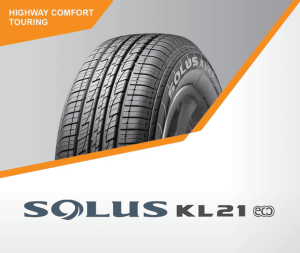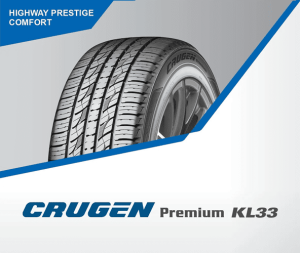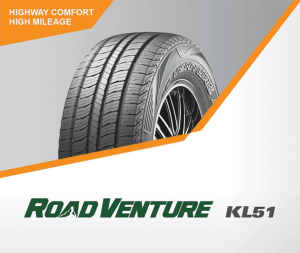SUV Tyres vs Passenger Tyres: Know the Key Differences
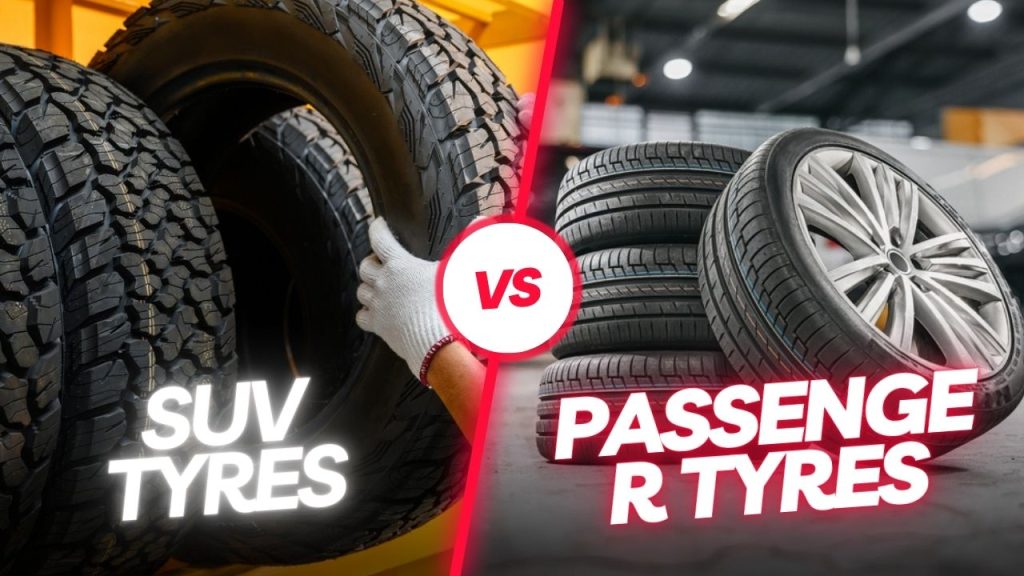
Imagine strapping boots onto a marathon runner or ballet slippers on a trail hike. Sounds like a disaster, right?
Well, that’s what it’s like when you throw the wrong type of tyres on your vehicle. It seems like all tyres are just round rubber. But trust us, they are more complex than you think.
There are key differences between SUV tyres and car tyres that go far beyond size. Let’s discuss all those differences & understand why they are not interchangeable.
At Morley Tyre Centre, we’ve been fitting tyres, balancing wheels, and solving tricky auto problems for over 10 years. From passenger tyres for your daily commute to SUV tyres for off-road weekends. We know what you need to stay road-ready and worry-free.
Let’s start with the basics.
What Are Passenger Tyres (a.k.a. Sedan Tyres)?
Passenger or sedan tyres are the everyday go-to for most standard cars like hatchbacks, compact cars, and sedans. They are optimised for smooth tar and city conditions. Where fuel economy, comfort, and handling are more important than durability.
Designed with lower rolling resistance. They help you save on petrol and give you that buttery-smooth ride in urban areas. Common types include:
- All-Season Tyres
Jack-of-all-trades who give performance all year round in moderate climates. They handle wet & dry roads but aren’t for heavy snow or scorching heat. - Summer Tyres
Built for warmer weather and optimal grip on hot & dry road tar. They have less tread depth and are sticky for long highway drives in summer. - Winter Tyres
Made from softer rubber compounds that stay pliable in freezing temps. Their deep sipes and unique tread patterns dig into ice and snow.
What Are SUV Tyres?
As the name suggests, SUV Tyres are designed for Sports Utility Vehicles. These rides are heavier, taller, and more rugged, and so are their tyres. Built much stronger & thicker, SUV Tyres are like steel-capped boots for your 4WD.
They’re meant to carry heavier loads, deal with tough surfaces, and resist strong impacts. So, they got your back while hitting any dirt or snowy trail. They include:
- Highway Terrain (H/T) Tyres
Great for urban roads and highways, they deliver comfort without losing grip. Quieter and smoother than off-road tyres but tougher than sedan tyre. - All-Terrain (A/T) Tyres
They combine decent on-road manners with enough bite for trails, gravel, or the occasional muddy adventure. - Mud Terrain (M/T) Tyres
Deep, aggressive tread blocks, reinforced rubber, and a whole lot of grumbles. These are meant for serious 4WD action. Mud, sand, rocks, you name it.
SUV Tyres vs Passenger Tyres: A Detailed Comparison
Let’s see how they differ in common tyre specs and features.
1. Tread Design & Tyre Lifespan
Passenger tyres have a relatively simple tread pattern with smaller grooves. They’re designed for low road noise and fuel savings. And provide good grip on smooth surfaces of daily driving. But they don’t have much lifespan due to a shallower tread.
In contrast, SUV Tyres have chunkier, more aggressive treads. Why? To tackle gravel, mud, and sand without losing grip. Features of SUV Tyres include self-cleaning tread blocks and stone ejectors that keep the rubber functioning optimally off-road.
So, they last longer even under rough conditions but also are a bit noisier on asphalt.
2. Road Grip and Surface Adaptability
Passenger tyres grip better on clean, paved roads. Especially in dry and wet city conditions. However, they struggle on loose or uneven surfaces.
SUV, 4WD and off-road tyres provide enhanced traction across a wider range of surfaces. From rough rocks to bush trails. They keep you glued to the ground, even when nature throws a curveball.
3. Aspect Ratio and Tyre Profile
Passenger tyres have a higher aspect ratio, meaning taller sidewalls relative to width. This gives a more comfortable ride by absorbing road shock better.
In comparison, SUV tyres have a lower aspect ratio. As they offer thicker & reinforced sidewalls to handle heavy loads and uneven terrain. This helps with better cornering control and less body roll in tall vehicles.
4. Rubber Composition & Toughness
Standard Passenger Tyres use softer rubber for flexibility and comfort. That’s how they give you smoother & quieter rides. But it also makes them more vulnerable to punctures from potholes or sharp objects.
SUV Tyres, on the other hand, are built like tanks. The rubber is denser and reinforced with layers like polyester cords or steel belts. This toughness adds durability for situations when you’re off-road and far from help.
5. Fuel Efficiency
Passenger tyres are lighter, so they roll easier and burn less fuel. That’s why you’ll often find better fuel ratings on sedans then SUV tyres.
But modern SUV Tyres have come a long way. With advancements in materials and design, they now offer lower rolling resistance than ever before. Hence, the fuel economy gap is quite close now.
6. Sidewall Design & Strength
SUV Tyres have thick, reinforced sidewalls that resist damage from rocks, kerbs, and off-road scrapes. They’re also better suited for towing trailers or carrying heavy loads.
In contrast, Passenger Tyres are more focused on ride quality. Thinner sidewalls mean a smoother feel but less durability.
7. Handling & Steering Response
Passenger tyres are more responsive in sharp turns and tight manoeuvres. Hence, great for city driving and motorways. Anyone with basic driving skills can handle them & steer off easily.
While SUV tyres are stable, but also a bit stiffer due to their weight and construction. That’s why, they don’t offer optimal handling or steering response as compared to sedan tyres.
8. Impact Protection
Passenger tyres are vulnerable to damage from potholes and uneven roads. That’s why it’s easy to pop a tyre in bad conditions.
But with SUV tyres for off-road. You’ve got layered reinforcement and more aggressive side lugs, which protect against sidewall cuts and surface damage. Perfect for Aussie bush tracks or gravel roads around WA.
9. Load Capacity & Tyre Rating
SUVs carry more, be it people, gear, groceries, surfboards. So, SUV tyres have a higher load index. Meaning they can handle heavier weights without bulging or blowing out.
While sedans are lighter and don’t carry much load either. So, passenger tyres have low weight bearing and focus on smoothness of ride instead.
10. Speed Rating and Performance Limits
Passenger tyres have higher speed ratings. H, V, or W ratings for up to 240+ km/h. That’s because lighter cars can handle high-speed performance better.
While, SUV tyres, focused on strength and grip, have lower speed ratings. E.g. in the S or T range. So, if you need fast driving on highway roads, SUV tyres are not made for that.
Passenger Tyre Varieties at Morley Tyre Centre
Tyre | Features | How it Looks |
(Award winning design) | · Asymmetric tread design · Wide tread grooves · Multi pitch tread blocks · Aquaplaning resistance · Low sound emissions · Blends of resins, silica & polymer |
|
| · Extended tread life · Strengthened centre rib · Stiff outside shoulder block · 4 wide circumferential grooves · Open shoulder lateral grooves · Variable pitch sequence | |
| · Refined and stable driving · Maximum fuel efficiency · Hybrid steel belt cap ply · Sidewall fabric inserts for rigidity · Micro silica material |
|
Want to explore more?
Check Our Complete Range of Passenger Tyres
SUV Tyre Varieties at Morley Tyre Centre
Tyre | Features | How it Looks |
· 4 main channel grooves · Embossed tread grooves · Centre solid rib bock · Sipes & lateral grooves · Variable pitch technique · Ability to eject stones | | |
· Balanced dry & wet traction · Hologram sidewall technology · Semi-knurling (inner) and 3D block · 4-channel main groove · Lower noise · High ride comfort | | |
| · 80,000km mileage · Solid centre rib · 4 main radial grooves · Z-shaped sipes for snow · Stable driving at high speeds · Low noise & comfort |
|
Need Something Else?
Checkout Out Our Complete SUV Tyre Collection
Looking for the Right Tyre? Let’s Chat
At Morley Tyre Centre, we make tyre decisions easy. If you’re looking to Buy 4WD & SUV Tyres or want the Best Tyre Price Guarantee. Our team will check your needs, walk you through the options, and install your new tyres with expert precision.
and hit the road with confidence.
FAQs
Q1: Can I put passenger tyres on an SUV?
Technically, yes! if they match the load and speed rating. But we strongly advise against it. The tyre construction won’t support the SUV’s weight and handling requirements.
Q2: Are all-terrain SUV tyres good for daily driving?
Absolutely! They strike a great balance between road comfort and weekend adventuring. Just expect a bit more noise than your standard H/T tyre.
Q3: What’s the average lifespan of an SUV tyre?
Between 50,000–80,000 km depending on driving style, road conditions, and maintenance.
Q4: Do SUV tyres hurt fuel economy?
Yes, due to their heavy material & durable construction, they need more fuel to roll on the road. But choosing low rolling resistance models helps reduce the impact.
Q5: How do I know I’m getting the Best SUV Tyre for my needs?
You can chat with the pros. At Morley Tyre Centre, we’ll help you find the ideal tyre for your driving style, load, and local conditions.

